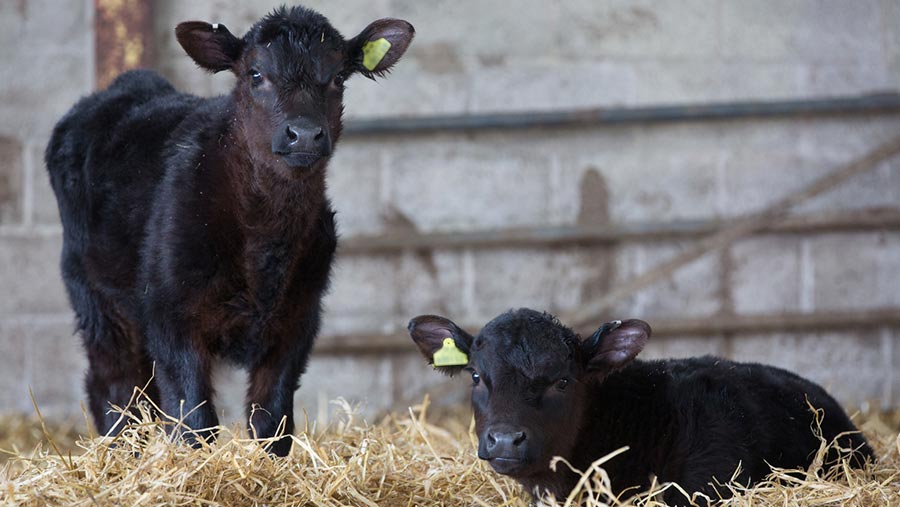Vote: Should England and Wales follow NI and Scotland and legislate for BVD control?
 © Tim Scrivener
© Tim Scrivener On the back of news that Northern Ireland will make bovine viral diarrhoea (BVD) virus testing mandatory, we want to know if you think it’s time for England and Wales to do the same.
Earlier this week, the Northern Irish minister of agriculture and rural affairs, Michelle O’Neill, introduced draft legislation that will make testing for the BVD virus in newborn calves compulsory.
BVD is mainly spread by persistently infected (PI) cattle – those born with BVD having come into contact with the virus in the womb.
Infection can trigger a variety of issues, including mucosal disease, enteritis, reproductive problems and a weakening of the immune system.
BVD facts
- Mainly spread by persistently infected (PI) cattle – those born with BVD having come into contact with the virus in the womb
- Infection can trigger mucosal disease, enteritis, reproductive problems, and a weakening of the immune system
- Mandatory BVD virus testing written into law in the Republic of Ireland and Scotland
Under the draft Northern Irish legislation, testing for the BVD virus in newborn calves, including stillbirths and abortions, will become mandatory.
See also: Guide to tackling BVD in your herd
If approved by the Northern Irish Committee for Agriculture and Rural Development, the legislation could come into effect on 1 March 2016.
Similar legislation is already in place in Scotland and the Republic of Ireland
Scottish BVD legislation
- Herd keepers are required to test their herd each year for BVD. Year-round calving herds must be tested every six months.
- It is illegal to knowingly sell persistently infected (PI) animals – those born with BVD having come into contact with the virus in the womb.
- Movement restrictions can be placed on farms that do not have “negative” BVD status.
- In a negative herd, any animals joining from an untested herd must be isolated and tested.
- Animals for sale for further breeding from a non-negative herd must not leave the farm until they have produced an individual negative blood test.
